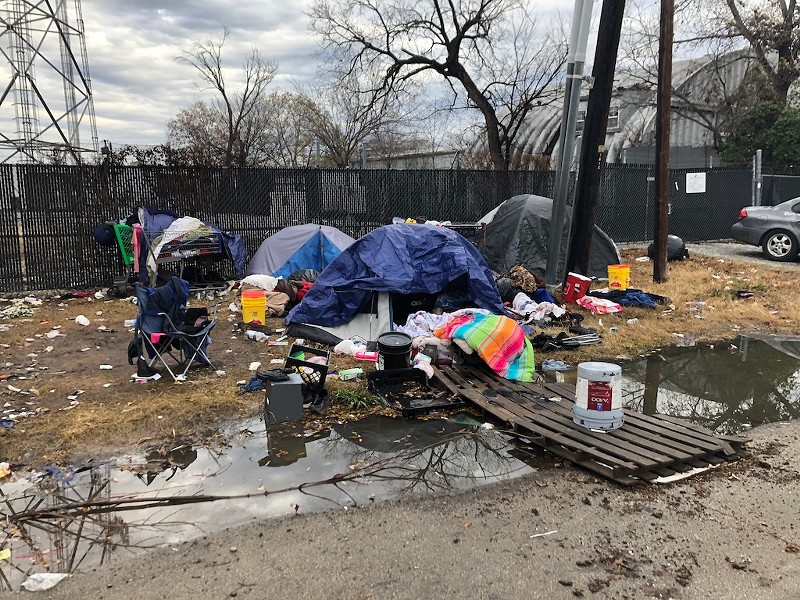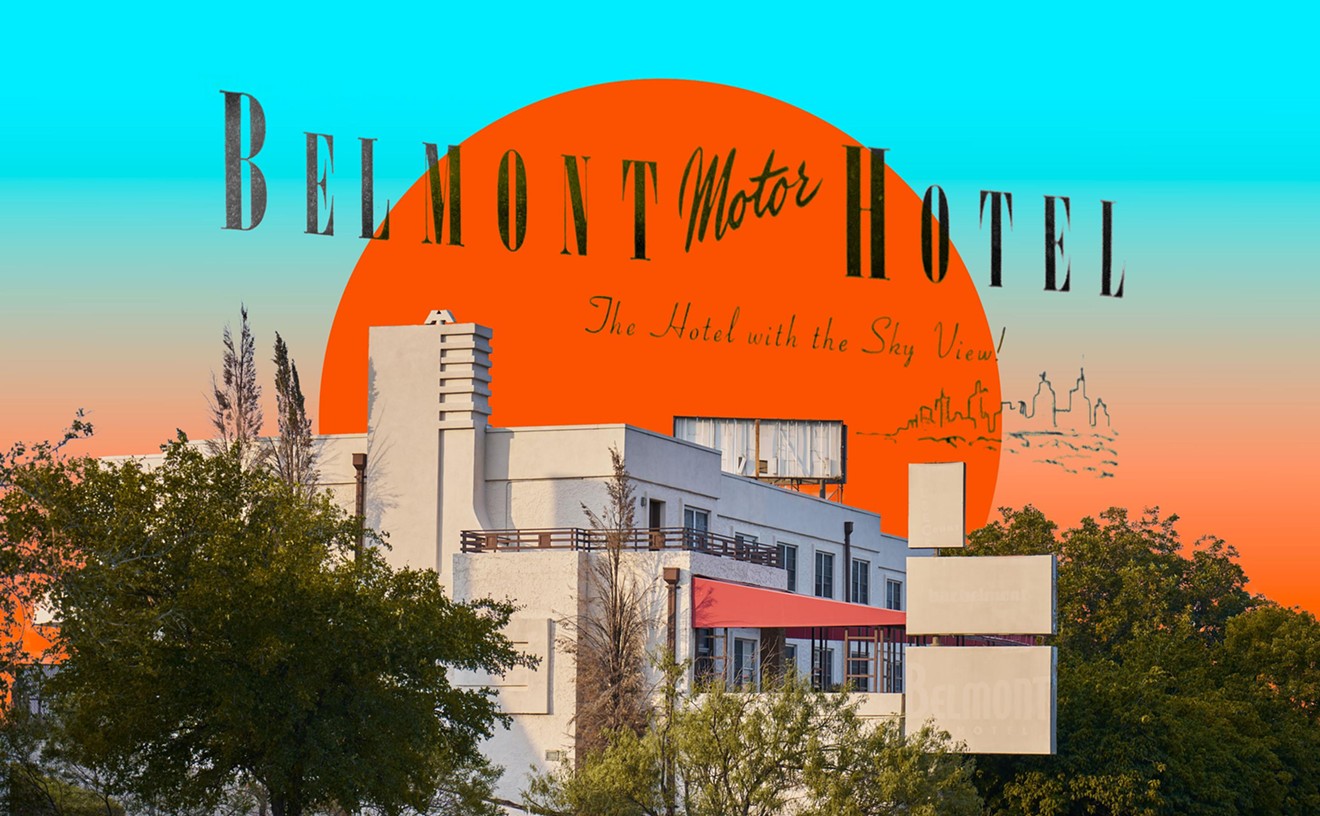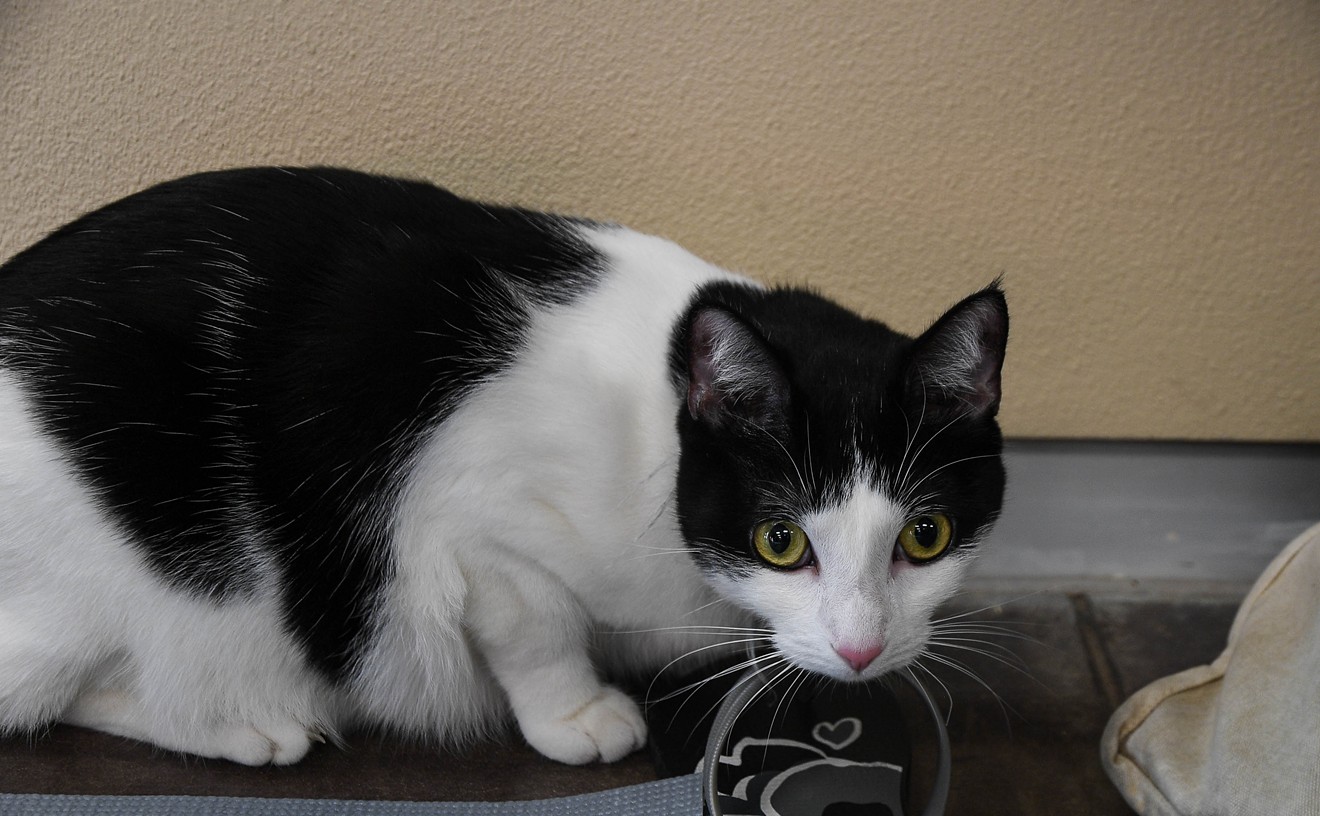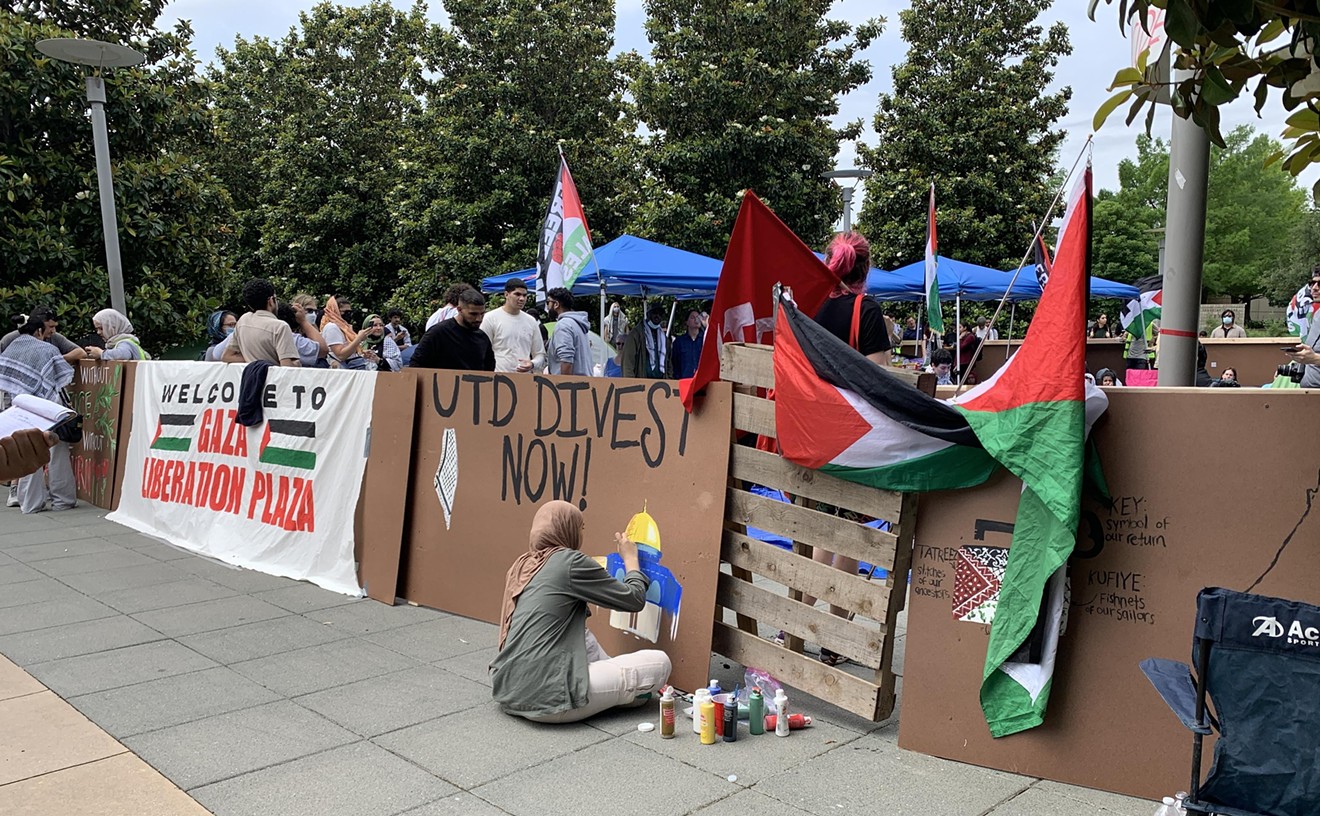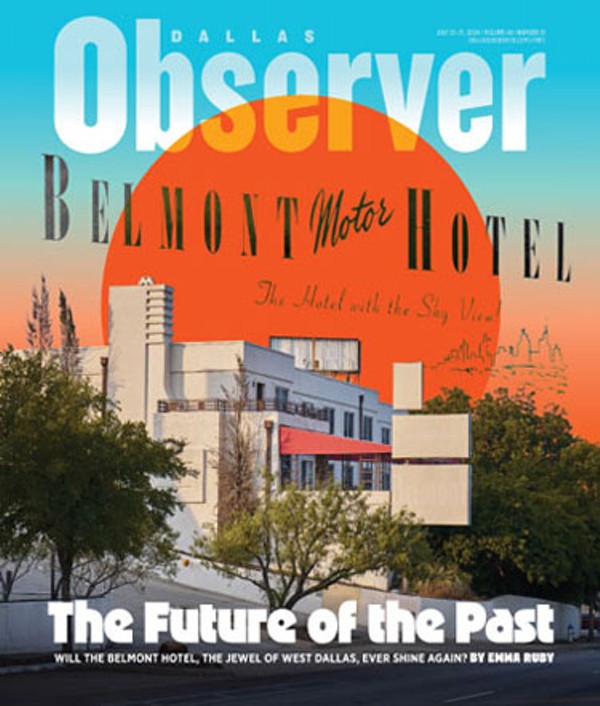“As long as there is no option of sleeping indoors, the government cannot criminalize indigent, homeless people for sleeping outdoors,” read the 2018 ruling from the Ninth Circuit Court of Appeals in San Francisco.
As is customary, the Supreme Court gave no reason for its refusal to take the case.
The City of Dallas calls homeless encampments “illegal” and in recent years has instituted aggressive policies to clean them up, citing complaints by local businesses and “health and safety risks,” according to a city website trumpeting the accomplishments of its "homeless encampment resolution" program. A lack of affordable housing and overcrowded shelters have helped make homelessness a persistent and often visible problem in Dallas.
For many homeless advocates, the Supreme Court’s denial to hear the case was met with a sigh of relief. The nation’s highest court has shifted more conservative in recent years with the addition of President Donald Trump’s appointees. If it had taken the case, it may well have overturned the lower court’s ruling.
David Gruber, spokesman for the Metro Dallas Homeless Alliance, said that he was “very happy” with the outcome.
“Criminalization of homelessness does not work. The only thing that works is getting people into housing,” he said.
But Gruber cautioned that the ruling would have little impact on Dallas. Texas is part of the Fifth Circuit, widely considered the most conservative of the appellate courts and “potentially could rule the other way,” said Gruber.“Criminalization of homelessness does not work. The only thing that works is getting people into housing." — David Gruber
tweet this
If the issue did end up coming before the Fifth Circuit, Gruber theorized, the Supreme Court might then be forced to step in.
Not everyone was celebrating the news, however. “I tend to go against the current with some of the shelters that say they have a right to everything, including living outside,” said Rev. Bob Sweeney, executive director of the homeless shelter Dallas Life. He described homelessness as a disorder, and said he believed people should be held accountable to society’s laws.
“I think there's great value in restricting their rights,” he said.
Texas' attorney general agrees. Ken Paxton, along with attorneys general representing Idaho and four other red states, protested the appeals court ruling in a brief submitted to the Supreme Court in December.
The attorneys general argued that a decision limiting a city’s ability to prevent outlaw sleeping outside would also affect the ability to outlaw other crimes, from masturbation to public drug use, because they are all “conduct resulting from the ‘unavoidable consequences of being human.’”
But in her 2018 opinion, Judge Marsha Berzon of the Ninth Circuit said the ruling reflects “basic common sense.”
“It would be cruel and unusual to criminally punish a homeless person who violates the law simply because he engages in the biologically compelled activities of sitting, lying or sleeping outside when he has no place else to go,” she wrote.

